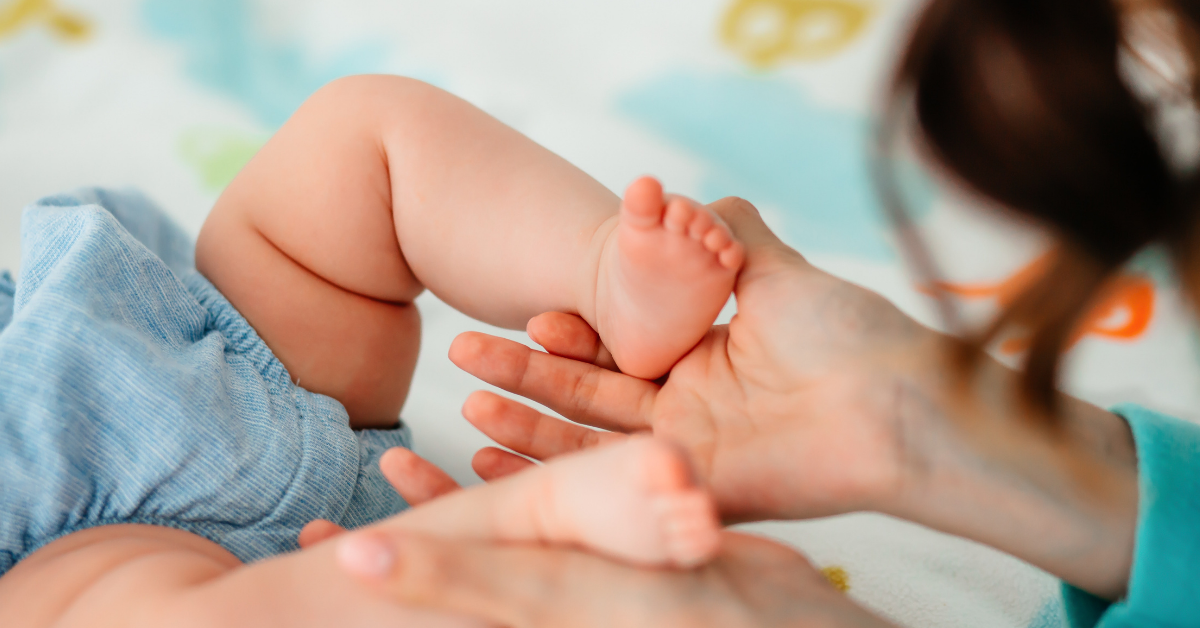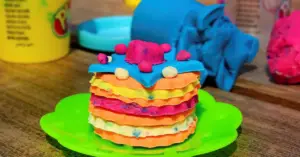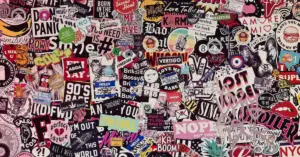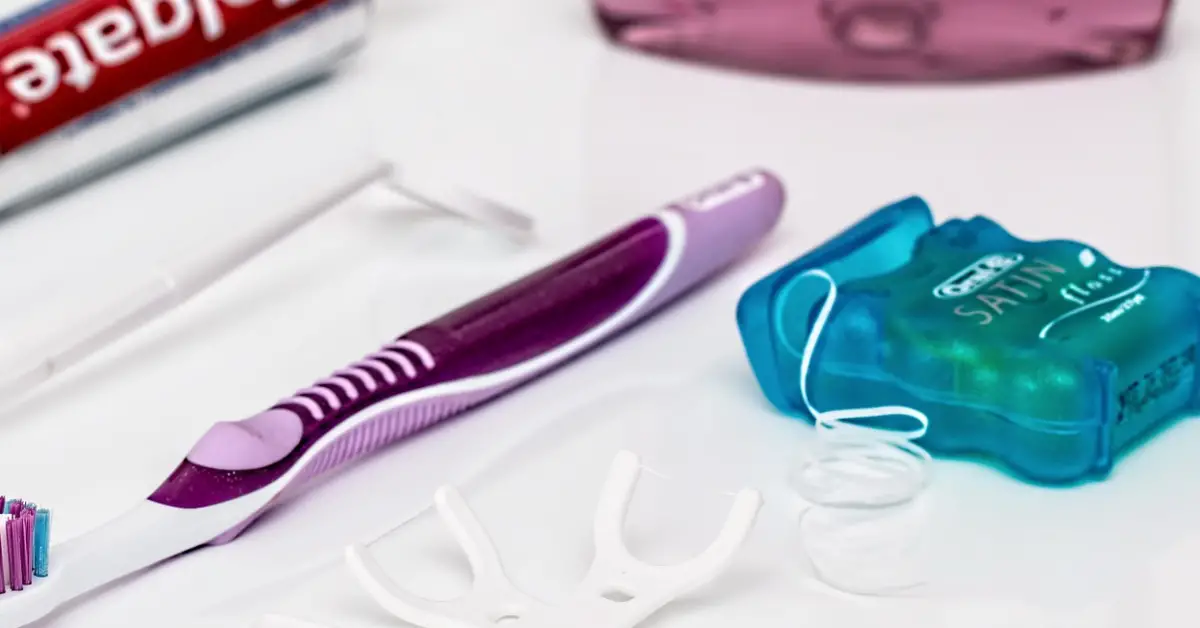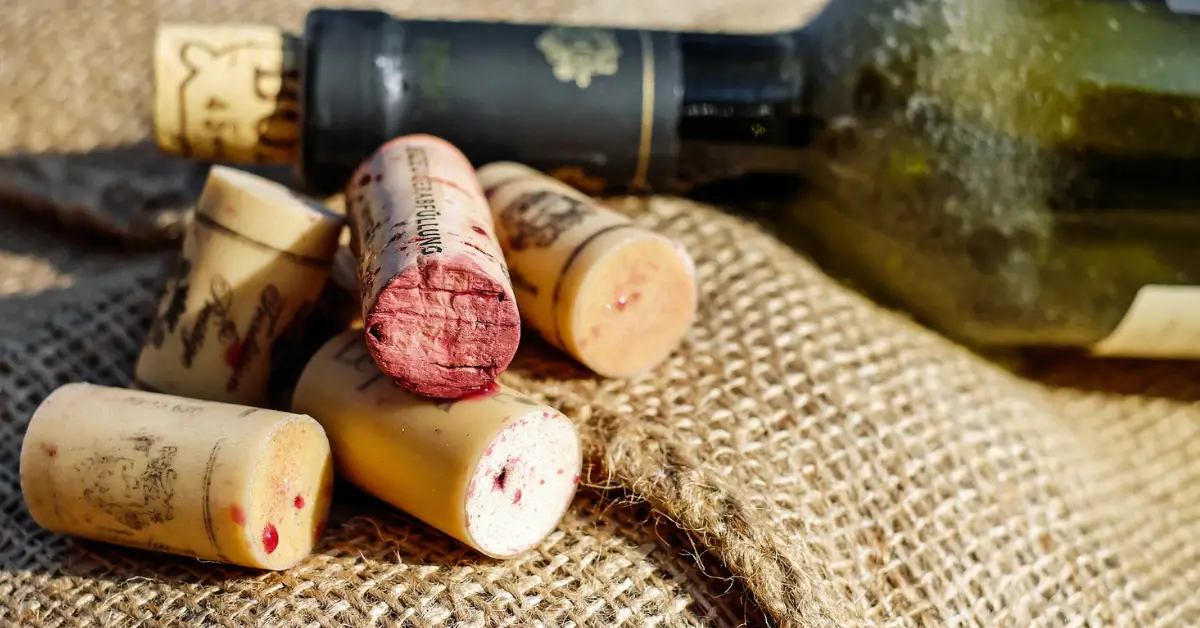Baby wipes have been a go-to item for caregivers for decades. Although brands vary in terms of exact ingredients, a common feature amongst all baby wipe brands is their convenience on-the-go. They make life with a little one that bit easier! But being single use, they lead to a monumental amount of waste and this tends to end up in landfill (or the sea). What are the other alternatives for disposal? Are baby wipes biodegradable and are they suitable for the compost pile?
Firstly, what are baby wipes made from?
If we know what an item is made from, we can determine if it is biodegradable (and compostable) or not. Baby wipes can be made from a variety of different materials. Polyester, a plastic, is a common ingredient and it is often blended with other materials such as cotton or rayon. These are then saturated with water and different chemicals to cleanse the skin. The proportion of each ingredient varies significantly from brand to brand.
So, are baby wipes biodegradable?
An item is deemed ‘biodegradable’ if it can break down naturally with the help of micro-organisms such as bacteria. Generally, natural materials are biodegradable, whilst synthetic materials are not. This makes sense. Biodegradation, essentially, involves a return to nature – so a material must have come from nature to begin with! Synthetic materials can break down into smaller and smaller pieces over time, but this is not the same as biodegradation.
As follows, when it comes to baby wipes, those that contain only natural materials such as cotton will biodegrade. However, if they contain plastic they will not fully biodegrade, only the natural element will. Plastic is synthetic, so the bacteria are not interested!
Are baby wipes compostable?
Composting can be a great way to reduce the amount of waste you send to the trash – and you even produce some nutrient-rich fertilizer for your garden too. Kind to the planet and your pocket, everybody wins!
Contrary to popular belief, being biodegradable does not make an item automatically fit for the compost pile. The terms are not interchangeable. For example, a biodegradable item that contains chemicals, or biohazards due to being used in a medical setting, may contaminate your pile. However, to be compostable an item must be biodegradable. In other words, all compostable items are biodegradable but not all biodegradable items are compostable! Since plastic is not biodegradable we can rule out the baby wipes that contain plastic straight away. They can’t be added.
The liquid that keeps the wipes wet and cleanses the skin can also prevent them being added to the compost pile. Different lotions and potions are used to cleanse and moisturize the skin. Some will be more harmful than others and may have a detrimental effect on the quality of your compost end-product. For composting, the most suitable varieties are ‘free from..’ most of the chemical nasties. But don’t worry, you don’t need to be a chemistry professor to decide, they are usually quite clear about this in their marketing!
In terms of composting, baby wipes are fairly straight forward carbon-rich ‘brown’ ingredient. If you are new to composting, check out our beginners FAQ guide here.
Some considerations when composting baby wipes…
As with tissues, what that the wipe has been used for is an extremely important consideration. If the wipe has been used just to, say, wipe hands after a messy meal it will be suitable to add. However, if the wipe has been used to deal with any sort of poop – baby, adult, dog, cat or otherwise – it should be disposed of in the trash. It has potential to contaminate the pile and simply isn’t worth the risk. Pee is ok though, so long as the person it came from has no signs of infection. Urine is often referred to as ‘liquid gold’ and is known to speed up the composting process due to its high level of nitrogen!
When composting any item, it is always a good idea to cut/rip/grind the item into smaller pieces if possible. Baby wipes are no different. This makes the composting process a little bit quicker. In addition to the bacteria have a slightly bigger surface area to do their thing, the smaller pieces can also be spread throughout the pile. If you don’t have a pair of scissors to hand, don’t worry – it isn’t totally essential. It will still be composted, you might just need a little more patience.
The bottom line
Single-use baby wipes, and wet wipes in general, contribute massively to landfill – when they are not being mistakenly flushed down the toilet and blocking pipes underneath our towns and cities! Composting can be an effective way to diverting them from landfill. However, if they contain plastic, certain chemicals or have been used to wipe up poop they are ruled out! It is difficult to dispute the convenience and effectiveness of baby wipes but, as ever, we always recommend you opt for reusable alternatives where possible.

